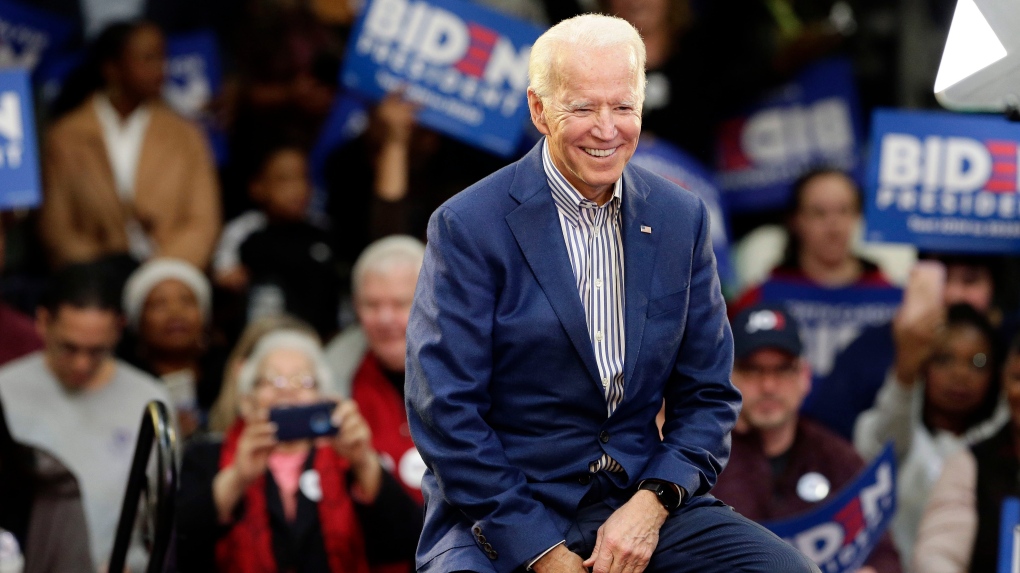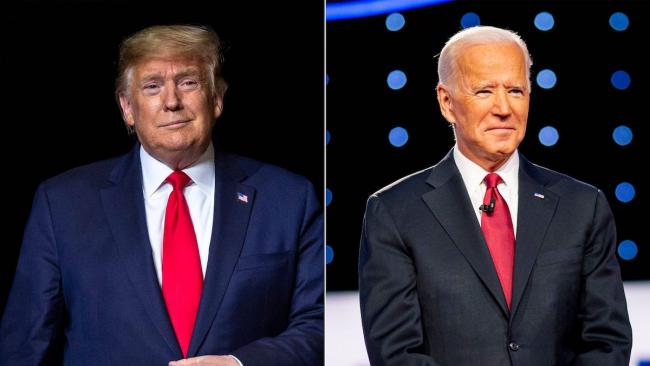In 1993 Fidel Castro announced the decriminalization of the dollar to "spare a portion of our police from having to chase down foreign currency throughout the republic." Almost three decades later, the triumvirate formed by Raúl Castro, Miguel Díaz-Canel and Manuel Marrero rescued this green rapacity as the only option in the face of the pre-Covid-19 crisis, which now irreparably worse.
After the advent of the Special Period in the 90s, which left Cubans destitute, with some even stricken by disease due to a lack of protein, the dictator made a move and accepted some "market-oriented economic measures" proposed by former Spanish minister Carlos Solchaga: openness to private activity in specific sectors, and more flexibility towards foreign investment.
Then Cuban Minister José Luis Rodríguez was charged with spouting the corresponding rhetoric: "We are introducing market mechanisms, but this does not mean that we are going to turn our economy into a market one." But the regime had budged, to keep from starving to death.
The dollar first
Today the triumvirate government's first measures to alleviate the catastrophe seek to attract dollars, at almost any price. This, in practice, defers the elimination of the dual currency and exacerbates the social gap.
After the most trying years of the Special Period, but without major changes to the economic structure, Fidel Castro quashed the reform introduced. And then, Hugo Chávez's rise to power was a genuine coup de grace for Solchaga's dreams.
In 2011 the former minister under Felipe González admitted that Cuba was a "hopeless case" from the point of view of its "internal capacity for transformation and evolution towards democracy." And he stated that the situation on the island was "even worse" than in 1993, in terms of the "availability of resources, international liquidity, wealth creation and level of well-being."
Even accepting as accurate the official data on the pandemic, though it obviously is not, the wide-ranging ruin wrought by the coronavirus is undeniable. Without even addressing inflation, GDP, the deficit and trade balance figures, which merit a better and more detailed analysis, the national food crisis, in the midst of an unprecedented paralysis of the tourism sector, speaks for itself.
A singularity of the current crisis is its global scope: it affects all countries that send tourists to Cuba, along with lenders, potential investors, importers, and even generous friends.
Is Havana willing to resume the unfinished reform of the 90s and the path traced by Solchaga, still a valid option? Raúl Castro, mistakenly seen as a great reformer by international public opinion, does not seem in any hurry to open things up. Cubans today wait in long lines just to get rice, legumes and bread, according to a recent survey by the Cuban Observatory on Social Rights.
"And, what if he comes? " "We will be saved"
I am afraid that the triumvirate is holding out until November and banking on a change in the White House loosening up American pressure and channeling money to the Palace of the Revolution. Once again Havana is shirking its own responsibilities and hoping for miracles from others, without undertaking the urgent structural reforms that the country needs. This does not mean that a potential Biden Administration will satisfy Castroism's unlimited appetite, but the mere hope of a slight improvement in cash flow would suffice for them to obstinately wait it out.
The best favor that the Democratic candidate could do for Cubans is to tell Havana not to wait for the United States to do what Cuba should for itself.
Díaz-Canel and Marrero mirror the characters of Vladimir and Estragon in Samuel Beckett's classic Waiting for Godot – though they do not suffer their hardships.
At the beginning of the work, Vladimir admits his role as a "supplicant." In the epilogue, though, he hints at suicide as the only way out, "unless Godot comes."
"And, what if he comes?" asks Estragon. "We will be saved," says Vladimir.
Both, without their own options, finally make a decision: "Let's go". But they don't move an inch on the stage. And then the curtain falls.

